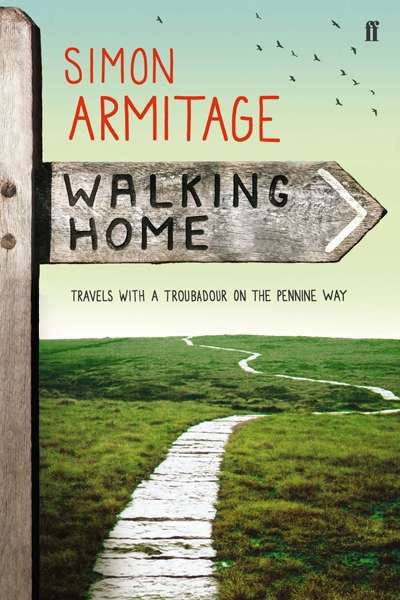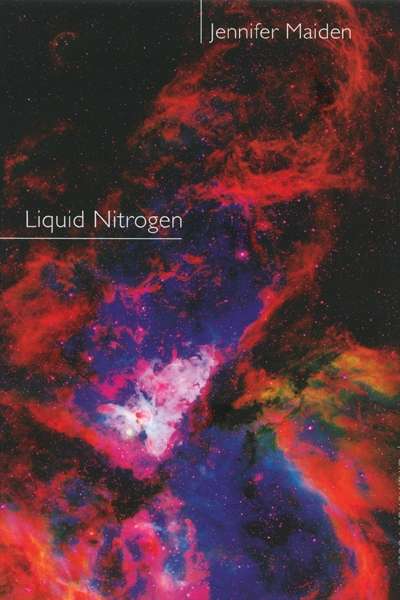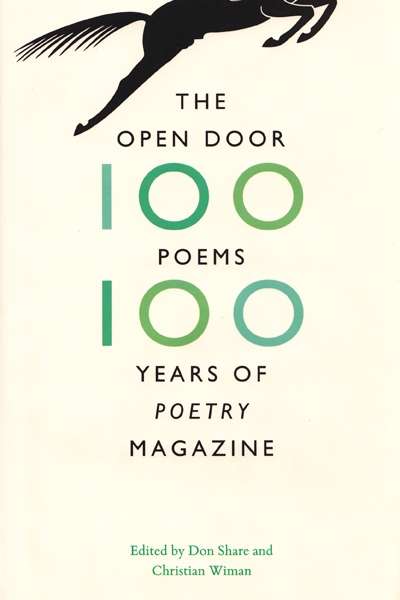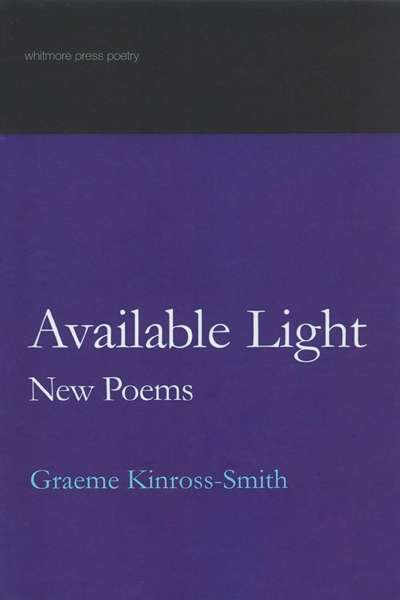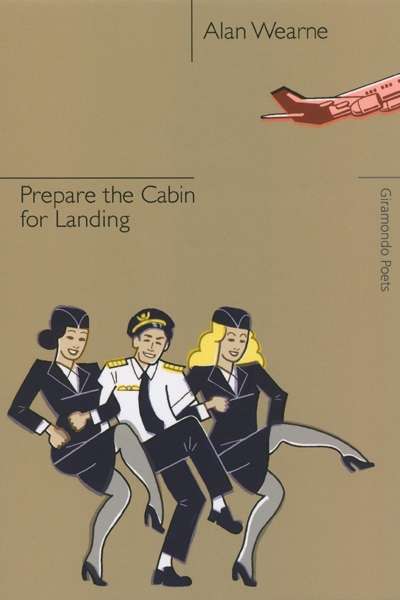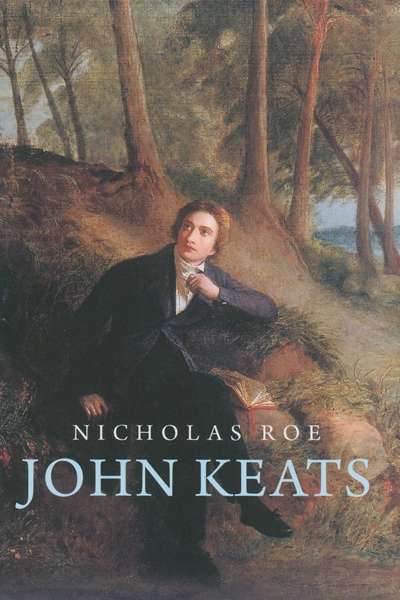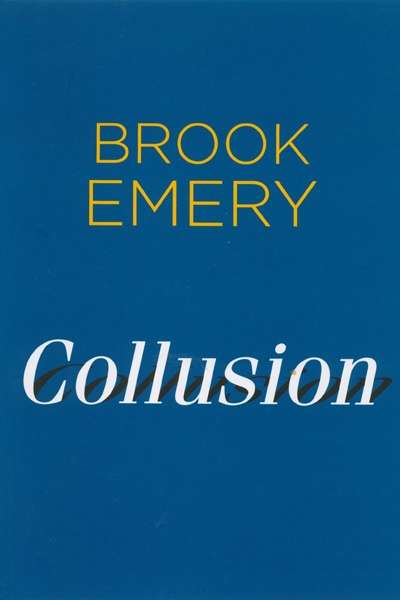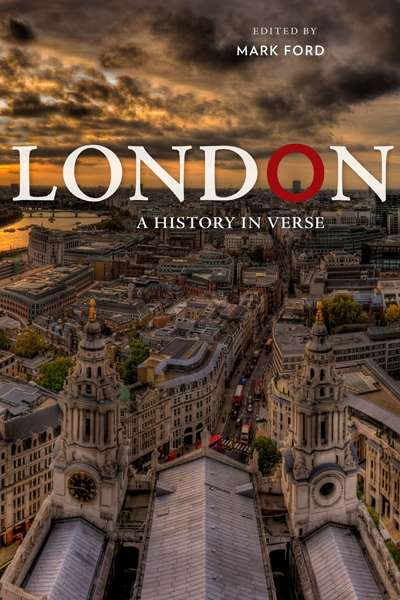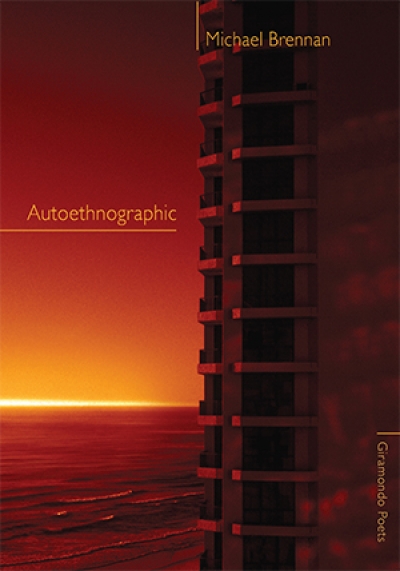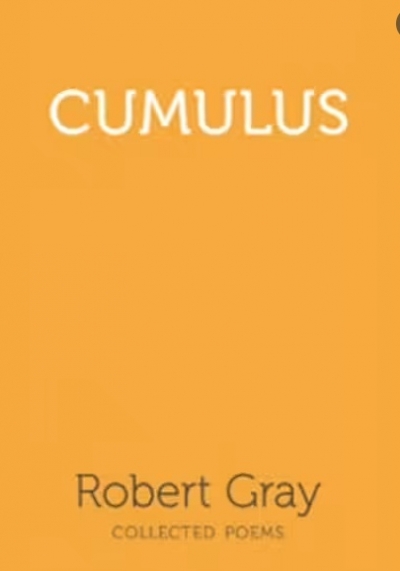Poetry
W ordsworth – poet–walker par excellence – had the best legs in the business. As his friend Thomas de Quincy noted: ‘Undoubtedly they had been serviceable legs beyond the average standard of requisition. For I calculate, upon good data, that with these identical legs Wordsworth must have traversed a distance of 185,000 English miles.’ In contrast, Simon Armitage’s legs, by his own admission, generally ‘do very little other than dangle under a desk’ or propel him from the multi-storey car park to the railway ticket office. ‘Even if I’m writing about the Sahara or the Antarctic,’ he confesses, ‘I’m usually doing it in a chair, in a room, behind double glazing.’
... (read more)Jennifer Maiden has for a long time been one of Australia’s most politically engaged poets, a commentator on the local scene and the international set alike. With her new volume, Liquid Nitrogen, Maiden continues on from her previous books Friendly Fire (2005) and Pirate Rain (2010), with more poems centred on the journalist George Jeffreys, and further poetic conversations between Hillary Clinton and Eleanor Roosevelt, as well as new partnerships between Kevin Rudd and Dietrich Bonhoeffer, and Julia Gillard and Aneurin Bevan. These poems fold into a volume that also includes more of Maiden’s ‘diary poems’ and a number of smaller, non-sequential poems that nonetheless match the volume’s tone and may well contain the seeds of Maiden’s next book. The liquid nitrogen of the title appears first in George Jeffreys’s waking, and later in the poem ‘Diary Poem: Uses of Liquid Nitrogen’. Such echoes recur as Liquid Nitrogen conducts conversations not just within its probing poems, but also across the collection as a whole. The book is at once political and intimate, full of the real world and marked by the oneiric tone of conversations that cross the threshold of death.
... (read more)The Open Door: One Hundred Poems, One Hundred Years of Poetry Magazine by Don Share and Christian Wiman
‘Reading through a hundred years of Poetry, week after week of issue after issue after issue, some forty thousand poems in all, Don and I, when we weren’t rendered prone and moaning, jolted back and forth between elation and depression.’ So Christian Wiman writes in his introduction to this elating, and never depressing, new anthology celebrating one hundred years of Poetry Magazine. Bear in mind that he and fellow editor Don Share did this while continuing with their day jobs as editors of the magazine, which receives some one hundred thousand submissions a year, and you will have some idea of the task they undertook.
... (read more)Facing the first poem in Graeme Kinross-Smith’s new book Available Light is a quote from Margaret Atwood’s Negotiating with the Dead (2002): ‘The mere act of writing splits the self in two.’ When you write, not only are you a writer, but you are your own first and very present reader. Suddenly, all alone at your desk, you have company. The first section of Kinross-Smith’s book focuses not so much on the act of writing as on the split self. In poems such as ‘In my wheat-bag hood’, ‘Commas’, ‘if I be not I …’ he observes possible past selves and his future. ‘Commas’ uses the metaphor of a man skimming stones across a pool:
... (read more)In Alan Wearne’s new collection, his not-quite-self-appointed role as chronicler of Australian mora et tempores continues, more overtly than before. Prepare the Cabin for Landing pays homage to the Roman satirist Juvenal and his eighteenth-century heir, Samuel Johnson. Both shared what Wearne describes as ‘that combination of bemusement, annoyance, anger and despair to which your country (let alone the country of mankind) can drive you’.
... (read more)At Rome, aged 25, Mr. John Keats, author of a volume of beautiful poetry’, recorded the Liverpool Mercury of 30 March 1821 amongst its death notices, in what is arguably the earliest and shortest of a never-ending stream of interpretative biographies, of which this excellent one from Nicholas Roe is the latest: more than 400 pages and as many – or as few – chapters as the poet had birthdays. In the last three years alone, we have had Lawrence M. Crutcher’s The Keats Family, R.S. White’s John Keats: A Literary Life, and Denise Gigante’s The Keats Brothers: The Life of John and George, and it is not that long since Britain’s Poet Laureate (as he then was) Andrew Motion came out with a 600-page monster. Nor is there a dearth of strong precursors, for Keats has been fortunate in his biographers – all of them, it should be said, generously acknowledged by Roe, for whom the work of Robert Gittings is ‘indispensable’, an honour that should be shared with Walter Jackson Bate.
... (read more)Brook Emery’s opening poem in Collusion is addressed to ‘Dear K’, an address reprised in the last, movingly lyrical poem in this his fourth collection. We might read the intervening poems as a correspondence with ‘K’, this other who halfway through the collection is referred to as ...
... (read more)London: A History in Verse edited by Mark Ford
For the poet W.S. Graham, running away from Scotland ‘with my money belt of Northern ice’ at the age of nineteen, London was the ‘golden city’ in his poem ‘The Night City’. Graham ‘found Eliot and he said yes // And sprang into a Holmes cab. / Boswell passed me in the fog / Going to visit Whistler who / Was with John Donne …’ For other poets in this anthology, London is a ‘noisome sewer’, as Cowper tells us in an extract from his long poem ‘The Task’. John Wilmot, earl of Rochester, after a night of wine and ‘grave discourse / Of who fucks who, and who does worse’, goes out into the cool of St James’s Park to find among the trees ‘nightly now beneath their shade / Are buggeries, rapes, and incests made’, and that there is a great congress of sexual activity of all walks of London life.
... (read more)Michael Brennan has looked into the future in his new poetry collection, Autoethnographic, and come to the obligatory dsytopic conclusions. There is global warming, social breakdown, closed airports and borders, and so on, and, of course, a mysteriously catalytic event – in this case it is called The Great Forgetting. It would be a mistake, though, to think that Brennan is some kind of post-everything Hanrahan, because he and his characters seem to be loving every minute of it. Picaresque, spiky, with an infectious rhythm that makes Brennan’s tangentially connected mini-narratives almost bounce off the page, it collapses a varied collation of literary modes from the past into a dense knot of decay in the near future.
... (read more)Cumulus describes itself as a ‘Collected Poems’, and though it isn’t quite that – far too many good poems from the earlier volumes have been omitted – there is a strong sense of cumulation and self-evaluation about it: it is a lot more than a set of copied contents pages sent to a publisher. And it is satisfying that the result, thanks to the high design standards of John Leonard Press, is physically the most attractive of Gray’s books.
... (read more)

